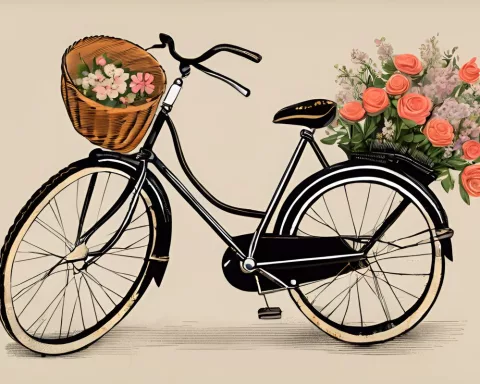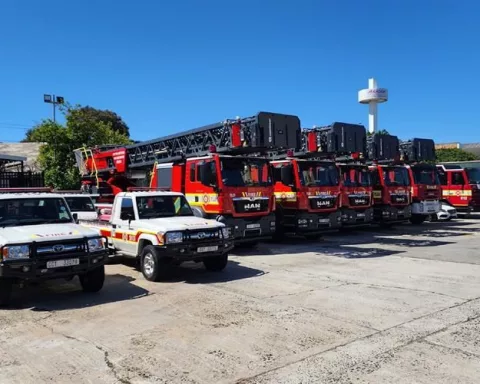Tucked away in the lively city center of Cape Town lies the Swan Café, a charming crêperie that has been gaining popularity over the past five years. This quaint establishment has earned numerous accolades from both local and international sources for its decadent and authentically French-inspired menu.
Recognition and Acclaim
The Swan Café has recently been featured in LuxeBook’s “9 most beautiful cafés in the world” list, alongside esteemed establishments such as Budapest’s New York Café, Paris’ Café de la Prix, and Venice’s Caffé Florian. It has also been recognized by Lifestyle Asia as one of the “10 Most Instagrammable Cafés in the World,” and featured in Inside Guide’s “Best Breakfast Spots” for four consecutive years, as well as Eat Out’s “Where to be seen: SA’s most Insta-worthy restaurants.”
Location and Atmosphere
The Swan Café is located at the corner of Buitenkant and Barrack Street in District Six, City Centre. It is open from Monday to Saturday between 8am and 3pm, and on Sundays from 9am to 2pm, offering a magical Parisian experience for its patrons.
Menu Highlights
The Swan Café specializes in a delightful combination of sweet, authentic French crêpes and savory galettes made with gluten-free buckwheat flour. For those who prefer a different brunch option, the café also offers salads and sourdough toast topped with a variety of delectable ingredients.
Sweet-toothed patrons can indulge in classic crêpe flavors like cinnamon, sugar with lemon, Nutella, homemade salted caramel, homemade lemon curd, and fresh thyme. The addition of artisanal vanilla ice cream or fresh Chantilly cream elevates these simple pleasures to heavenly heights. Savory galette enthusiasts are not left behind, with classic favorites featuring crispy bacon and egg, lemon & herb chicken with mushrooms and seasoned potatoes, roasted baby tomatoes with fresh basil and toasted pine nuts, as well as smoked trout ribbons with cream cheese, and more.
Beverages
In true French fashion, the perfect accompaniment to any crêpe or galette is a cider served in a little bowl. Swan Café’s mimosas have also become quite popular among visitors. For a decidedly French experience, one can pair a crêpe with a glass of bubbly. The café serves artisanal coffee hand-sourced from an elite micro artisanal roaster on the False Bay Coast, and exclusive blended teas infused with the essence of Paris.
Swan Café’s dedication to providing a truly authentic and delightful French experience in Cape Town has garnered it a loyal following and numerous accolades. Whether visiting for a leisurely brunch or catching up with friends over a cup of artisanal coffee, Swan Café is a gem that has undoubtedly left an indelible mark on the culinary scene of Cape Town.












